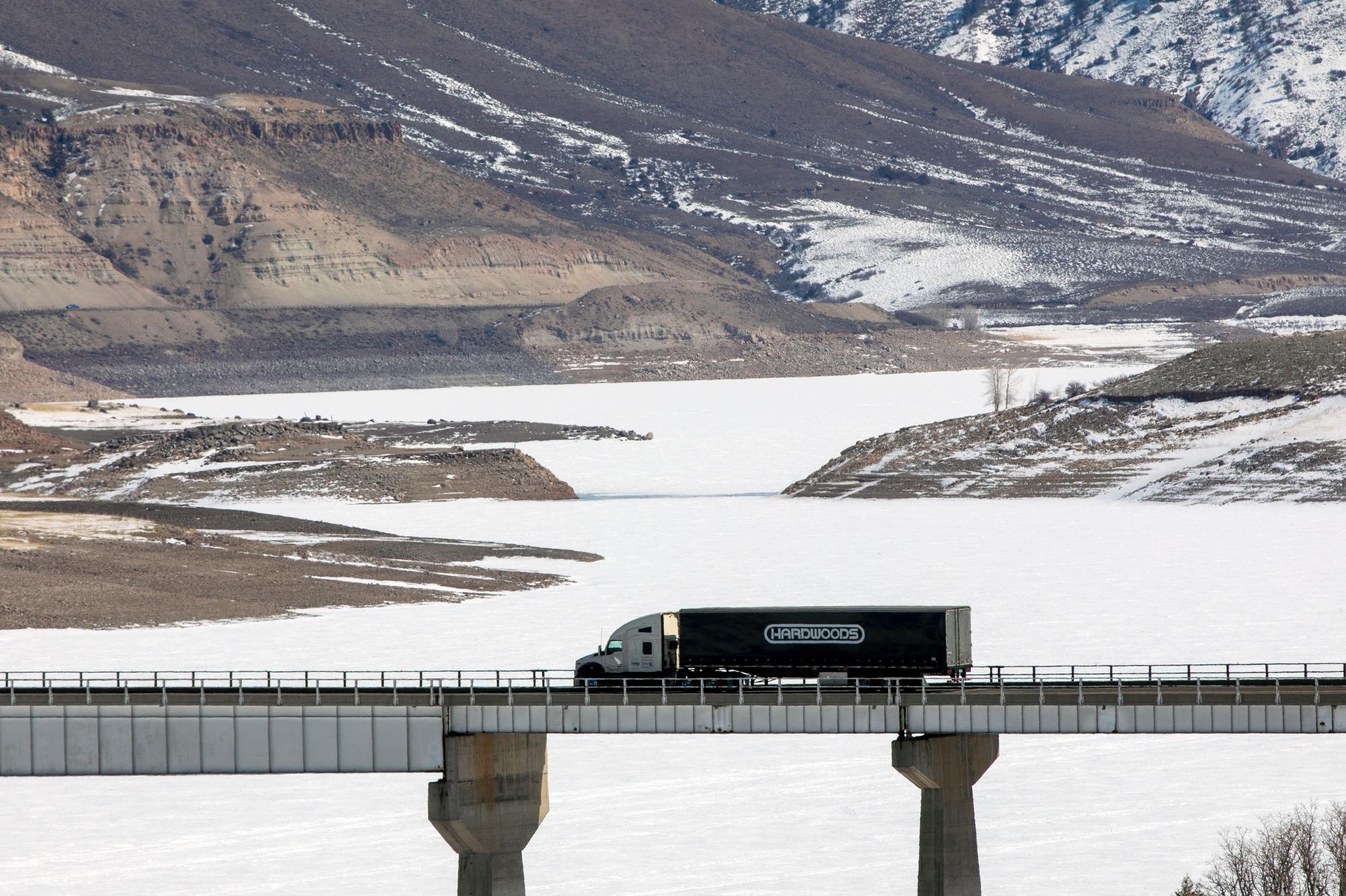If you own mineral rights to a piece of private property and an important dinosaur fossil is discovered there, do you own the fossil? A federal district court just ruled you do.
Two famous dinosaur fossils discovered on private ranchland in Montana are now legally considered minerals. The 66-million-year-old fossils are called the "Dueling Dinosaurs" because it seems they died locked in combat.
"This is a fossil a lot of people in this country are going to be very interested in," said Utah state paleontologist James Kirkland. "It's going to tell an incredible story. But most of us hate to think of it as a mineral."
In its ruling, the 9th Circuit Court of Appeals said dinosaur fossils should not be treated differently under the law than the remains of plants and animals which create oil, gas and coal.
But scientists still have hope they can study these fossils. It just might be more complicated as now they may have to deal with two entities—the land owner and the owner of the mineral rights.
Fossils like this are protected on public land. But in the Mountain West, a region rich with dinosaur remains, it's anyone's guess where the next discovery will be.
This story was produced by the Mountain West News Bureau, a collaboration between Wyoming Public Media, Boise State Public Radio in Idaho, Yellowstone Public Radio in Montana, KUER in Salt Lake City and KRCC and KUNC in Colorado.









